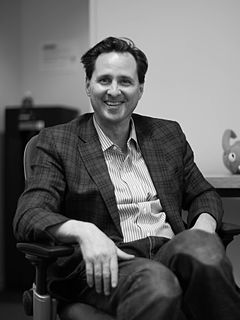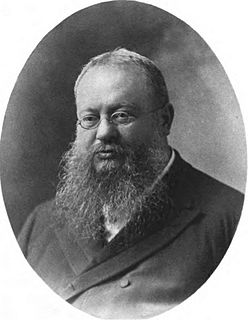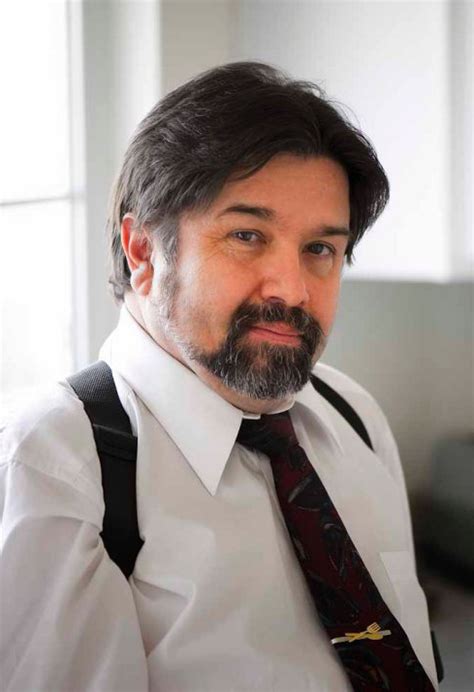A Quote by Hugh Herr
Indeed, through fundamental advances in bionics in this century, we will set the technological foundation for an enhanced human experience, and we will end disability.
Related Quotes
The world has changed far more in the past 100 years than in any other century in history. The reason is not political or economic but technological-technologies that flowed directly from advances in basic science. Clearly, no scientist better represents those advances than Albert Einstein: TIME's Person of the Century.
It is my belief that whereas the twentieth century has been a century of war and untold suffering, the twenty-first century should be one of peace and dialogue. As the continued advances in information technology make our world a truly global village, I believe there will come a time when war and armed conflict will be considered an outdated and obsolete method of settling differences among nations and communities.
The twenty-first century will be a time of awakening, of meeting the creator within. Many beings will experience oneness with God and with all life. This will be the beginning of the golden age of the new human, of which it has been written; the time of the universal human, which has been eloquently described by those with deep insight among you.
The greatest achievements in the science of this [twentieth] century are themselves the sources of more puzzlement than human beings have ever experienced. Indeed, it is likely that the twentieth century will be looked back at as the time when science provided the first close glimpse of the profundity of human ignorance. We have not reached solutions; we have only begun to discover how to ask questions.
A basic is an introduction. A fundamental is a foundation. A fundamental is a premise, idea, or fact that an entire system arises from and is based on. A fundamental determines the shape of what arises from it, much as a foundation of a house dictates its layout. A basic is how you introduce people you are teaching to the system. It is a beginning concept, often simplified to assist learning. If a fundamental is the foundation, a basic is the front door to enter the system.
If war can indeed be turned into a relic, then the virtue of greed will recede further. From a given society's standpoint, one big upside of wanton material acquisition has traditionally been the way it drives technological progress-which, after all, helps keep societies strong. In the nineteenth century, Russia ans Germany had little choice about modernizing; in those days stasis invited conquest. But if societies no longer face conquest, breakneck technological advance is an offer they can refuse, and frugality a luxury people can afford.
As Iraqi forces gain experience and the political process advances, we will be able to decrease our troop level in Iraq without losing our capability to defeat the terrorists. These decisions about troop levels will be driven by the conditions on the ground in Iraq and the good judgment of our commanders, not by artificial timetables set by politicians in Washington.




































